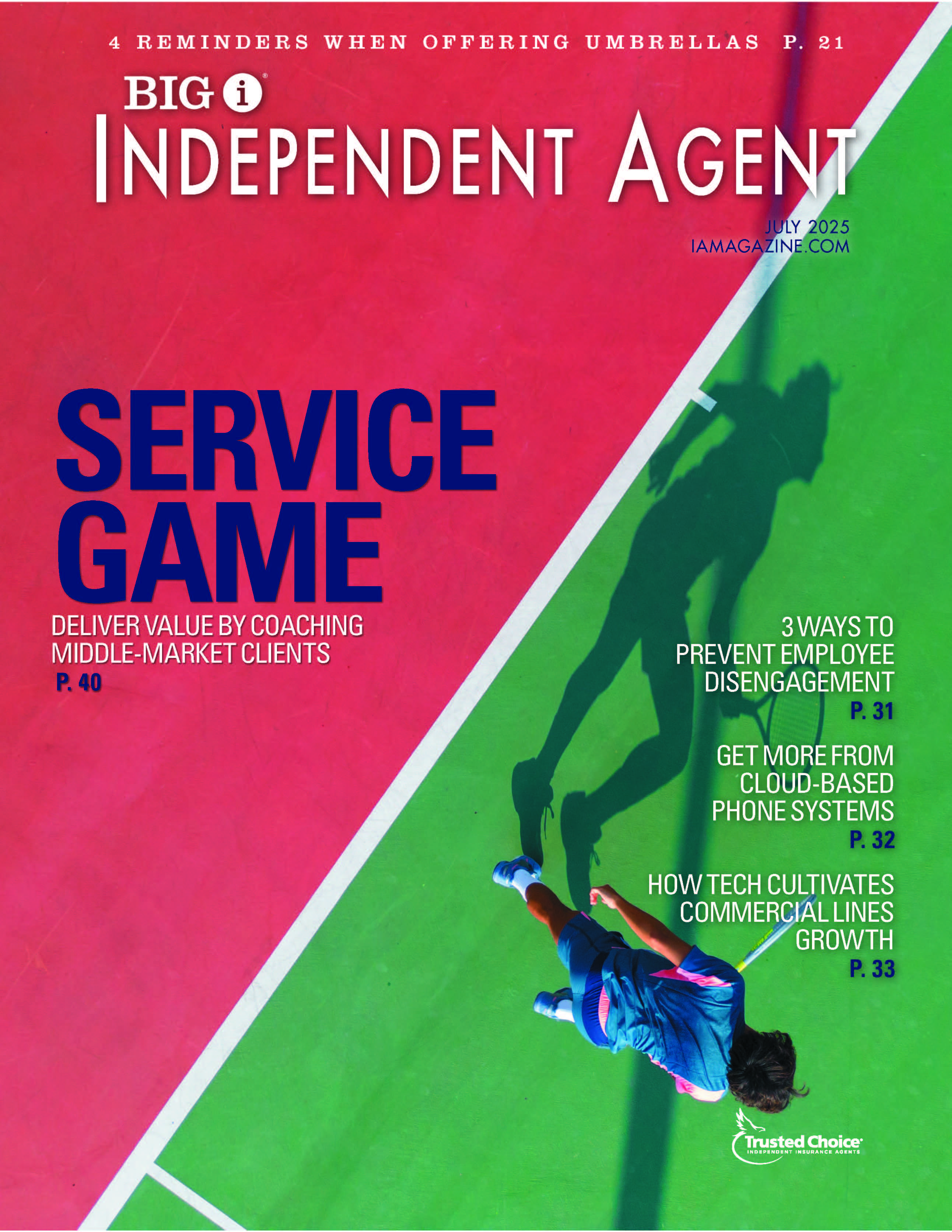Do Businesses Need to Buy UM Coverage?
By: Bill Wilson
An agent writes, “In Louisiana, is workers compensation the sole remedy for a worker that is injured in an auto accident on company time in a company vehicle? Is there any circumstance where UM would be required? Does the employer have to carry UM on his commercial vehicles, and is the employer obligated in any way to carry UM if there is a WC policy in effect?”
According to one of our faculty members, “First, while workers compensation is the sole remedy under Title 23 of Louisiana Statutes, I have in my reference library a large, leather-bound insurance law book by Shelby McKenzie on Louisiana Insurance Law. It covers p-c and life. There are two volumes on WC, so obviously there is a lot of litigation involving WC in Louisiana despite it being the sole remedy. Second, UM is not required to be provided by an employer in Louisiana.”
With regard to whether UM might be a good idea otherwise, here are just a few situations where the employer’s WC won’t help:
1. The employee is using the car for personal reasons. The employee might not have a PAP or, depending on the state, it most likely will not apply to vehicles “furnished or available for your regular use.”
2. Customers or other nonemployees (e.g., family members of an employee) are passengers in a company vehicle. UM could prevent lawsuits. (Don’t forget to perhaps add UM/UIM on the DOC endorsement. The UM/UIM higher limits on an umbrella are also important if the DOC endorsement is used, or, for example, the boss of the company lets his teenage children drive company cars and they are not employees.)
3. Workers compensation only covers medical, disability, etc., and does not fully compensate for lost wages. UM coverage, for the most part, allows someone to recover tort damages, including pain and suffering.
There is precedence in some states that allows the injured employee to collect WC at the statutory percentage of their wages and then file a claim for the difference with their UM carrier when the injury was related to an accident with an uninsured motorist (e.g., Alabama allows this practice).
While UM/UIM coverage applies to a covered person regardless of employment status, two provisions in the typical coverage form were intended to prevent double recovery by an employee covered by workers’ compensation. The first provision states that UM/UIM coverage “shall not apply directly or indirectly to benefit any insurer or self-insurer under any workers’ compensation…law.” The second provision allows the carrier to offset the amount an employee received in workers’ compensation benefits.
However, some court decisions have essentially voided these provisions by allowing workers’ compensation insurers to subrogate against UM/UIM coverage carried by either the employer or the employee. UM/UIM coverage thus becomes the primary source of recovery when an employee is injured by an uninsured or underinsured motorist. For employers, this is good news from the standpoint of improving workers’ compensation experience, but bad news if the claim goes against the uninsured motorist coverage on their own business auto policy. The uninsured motorist claim will almost always be bigger than the workers’ compensation claim because it, subject to policy limits, covers pain and suffering and unlimited loss of income.
4. Your state might permit UM PD, so where another party is liable for damage to the vehicle but un(der)insured, this coverage could be more advantageous than collision coverage.
5. Some employees may not have WC coverage. This could be exempted occupations or executive officers or others who have legally exempted themselves from WC coverage.
From an E&O perspective, I’d never recommend that UM isn’t needed, it just isn’t usually needed to the extent that it is in a personal lines account. (The assumption would be, though, that if UM isn’t that necessary, then the cost should reflect that. If the cost is high, that would indicate that either the coverage is used more often than we might think or that most businesses buying it don’t have WC coverage.)
I’d give the insured the reasons for having UM coverage, then let them make a business decision.
To read this entire article, including links to supporting statistics and feedback from other agents, click here.
Bill Wilson (bill.wilson@iiaba.net) is director of the Big “I” Virtual University. If you do not know your Big “I” website user name and password, email logon@iiaba.net to request your login.










